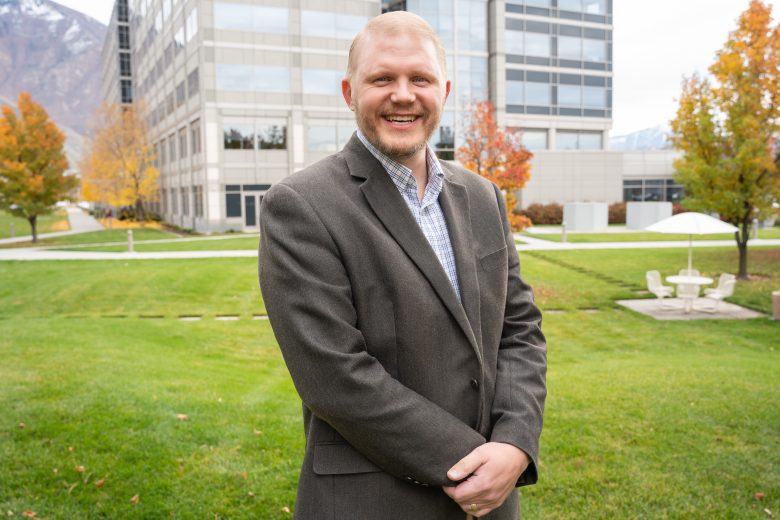
With the hustle and bustle of everyday life, we often forget how precious life is. SAMHSA (Substance Abuse and Mental Health Services Administration) states that suicide is a leading cause of death for people aged 10-34. In 2020, one death by suicide occurred every 11 minutes. And tragically, suicide is on the rise. According to the National Center for Health Statistics, suicide rates increased 30 percent between 2000 and 2020.
Rocky Mountain University of Health Professions (RMU) Counseling Program Director and Chair Verl T. Pope, Ed.D., LCMHC, LPC, CCMHC, ACS, attributes the increased rates to a growing culture of isolation in our digitalized society. “Isolation and loneliness are becoming more and more of a fact of life,” Pope says. “We used to live on the front porch, then we moved to the back yard, and now we have moved online.” In addition to isolation, online social activity has changed people’s expectations about how their life should be, how they should look, and how successful they are, trying to mirror the picture-perfect lives portrayed on social media. RMU Counseling Adjunct Faculty member Sharon Todd, Ph.D., LPCC-S, CSC, NCC, says, “People sometimes see themselves as incompetent based on how many ‘likes’ they receive. The intense expectation for external validation by ‘likes’ on social media changes the internal view of self and can impact one’s sense of self-worth.”
The COVID-19 pandemic has not helped the issue either. “Isolation was intensified by the pandemic,” says RMU Counseling Adjunct Faculty member Matt Buckley, Ed.D., LPC, CMHC, NCC, ACS BC-TMHC. “The whole concept of social distancing was perhaps misguided. What would the world be like if, instead of social distancing, we adopted the concept of ‘physically distant, socially connected’.”
Significant efforts are being made, especially in more recent years, to address the issue of suicide and take preventative measures against it. “We are seeing more awareness and efforts being made in schools and communities in prevention efforts,” Todd says. “Obviously, some are more successful than others.” Even with the community and school programs available, the support of family, friends, and loved ones remains a crucial resource for those who are struggling.
Many are hesitant or afraid to talk about suicide with their friends and loved ones, fearing they will not know what to say or how to react. Yet, in these situations, listening may be much more valuable to the person than talking. “Listen! Connect!” Pope says. “Do your best to help them not feel so alone. Help them connect with others, and this can and should include professional helpers (doctors and counselors). Don’t be afraid to talk about it.”
Keeping an open mind, ears, and eyes for those struggling with suicidal thoughts or actions can be lifesaving. Look for the warning signs that someone may be struggling, and offer your support.
If you or someone you know is struggling or in crisis, help is available. Call or text 988 or chat 988lifeline.org.



